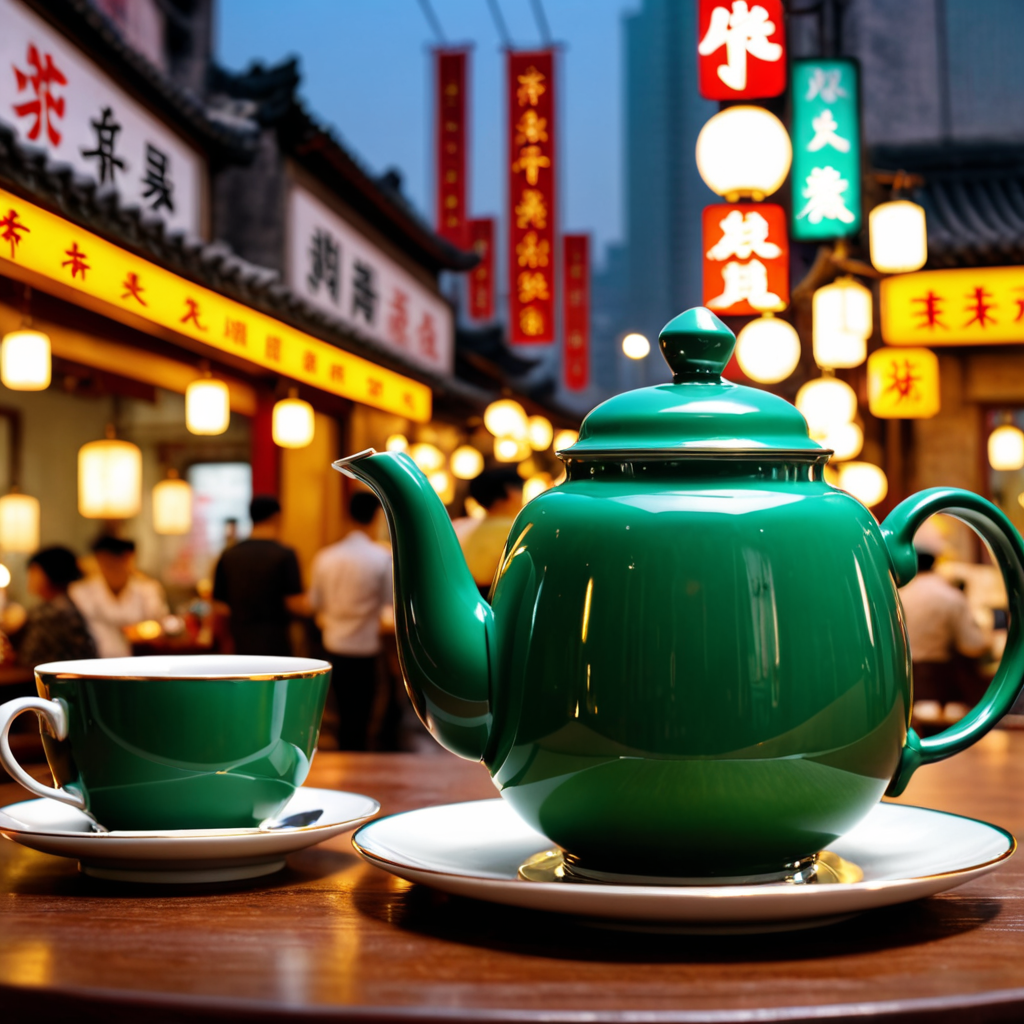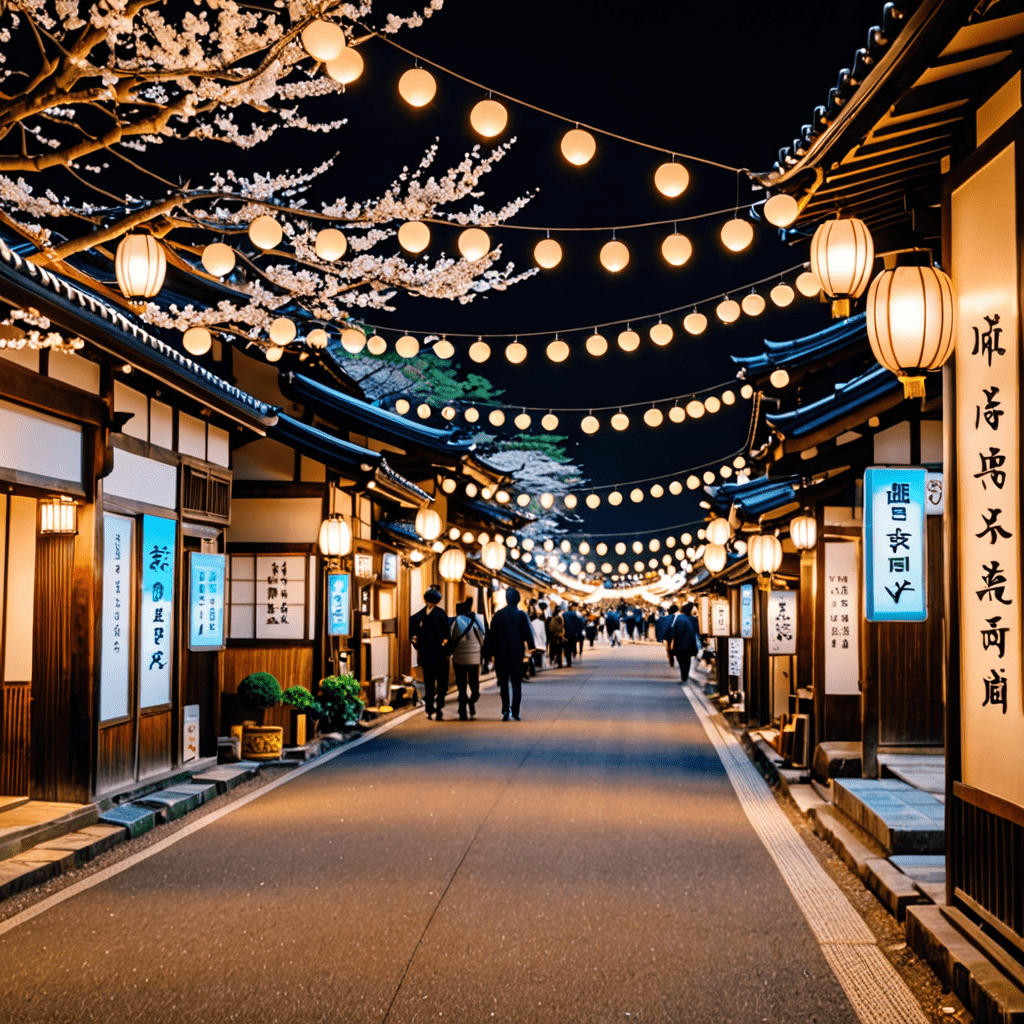
Unraveling the Mysteries of China: The Tea-Infused Journey
1. Embrace the Enigmatic: Exploring the Chinese Tea Culture
Discover the rich and ancient history of tea in China, from its humble beginnings to its significance as a cultural icon. Learn about the different types of tea, brewing techniques, and the importance of tea ceremonies.
2. Tracing the Origins: How Tea Shaped China’s Economy
Uncover the surprising connection between tea production and its impact on China’s economy throughout the centuries. Delve into the tea trade routes, the rise of tea merchants, and the influence of tea on international commerce.
3. The Price of Quality: Understanding the Factors that Affect Tea Prices
Explore the various factors that contribute to the price of tea in China. From the location and altitude of tea plantations to the quality of tea leaves and production methods, discover why some teas come with a heftier price tag.
4. Brewing a Perfect Blend: The Art of Tea Tasting
Delight your senses as we delve into the world of tea tasting. Uncover the different flavor profiles, aroma notes, and the art of assessing tea quality. Become a connoisseur as you learn the proper techniques for brewing the perfect cup of tea.
5. Beyond Tea Leaves: Tea-themed Attractions in China
Embark on a journey beyond tea leaves as we explore the fascinating tea-themed attractions in China. From tea plantations and museums to tea festivals and traditional teahouses, experience the vibrant and immersive world of tea culture.
FAQ
1. Is tea a significant part of Chinese culture?
Absolutely! Tea holds great cultural significance in China, dating back thousands of years. It is not only consumed daily but also plays a vital role in social interactions, ceremonies, and traditional medicine.
2. What are some famous types of Chinese tea?
China is renowned for a wide variety of teas, including green tea (such as Longjing and Bi Luo Chun), black tea (such as Keemun and Lapsang Souchong), oolong tea (such as Tie Guan Yin and Da Hong Pao), and white tea (such as Bai Hao Yin Zhen and Shou Mei).
3. How does China’s tea culture differ from other countries?
China has a unique and deeply-rooted tea culture that sets it apart from other countries. The emphasis on ceremonial tea preparation, the importance of tea appreciation, and the use of specific teaware all contribute to the distinctiveness of Chinese tea culture.
4. Can I visit tea plantations in China?
Yes, many tea-producing regions in China offer opportunities to visit tea plantations. Famous areas include Hangzhou for Longjing tea, Wuyi Mountain for Da Hong Pao, and Anxi for Tie Guan Yin. These visits often provide insights into tea cultivation, processing, and tasting.
5. How can I brew the perfect cup of tea?
Brewing the perfect cup of tea involves factors such as tea-to-water ratio, water temperature, steeping time, and the choice of teaware. Experiment with different parameters to find your preferred balance and savor the various flavors of tea.


